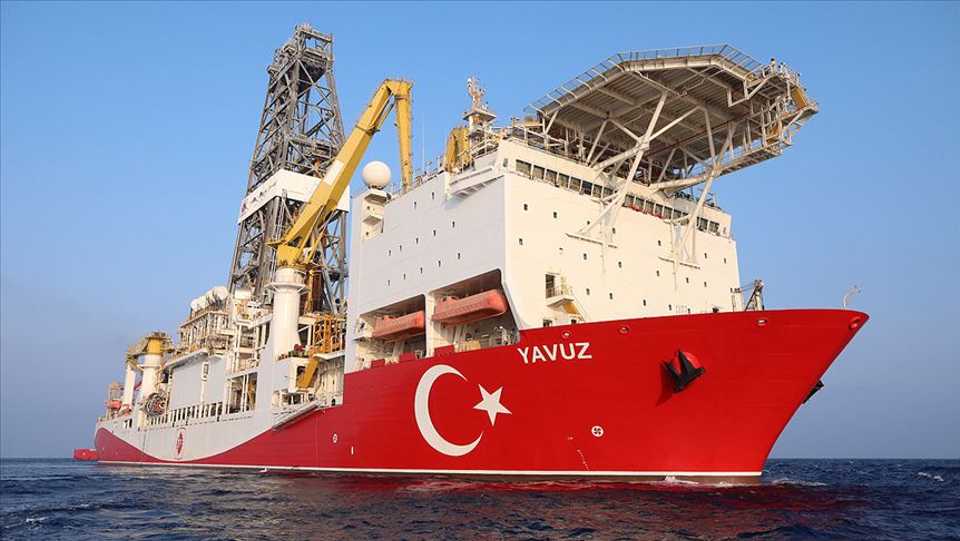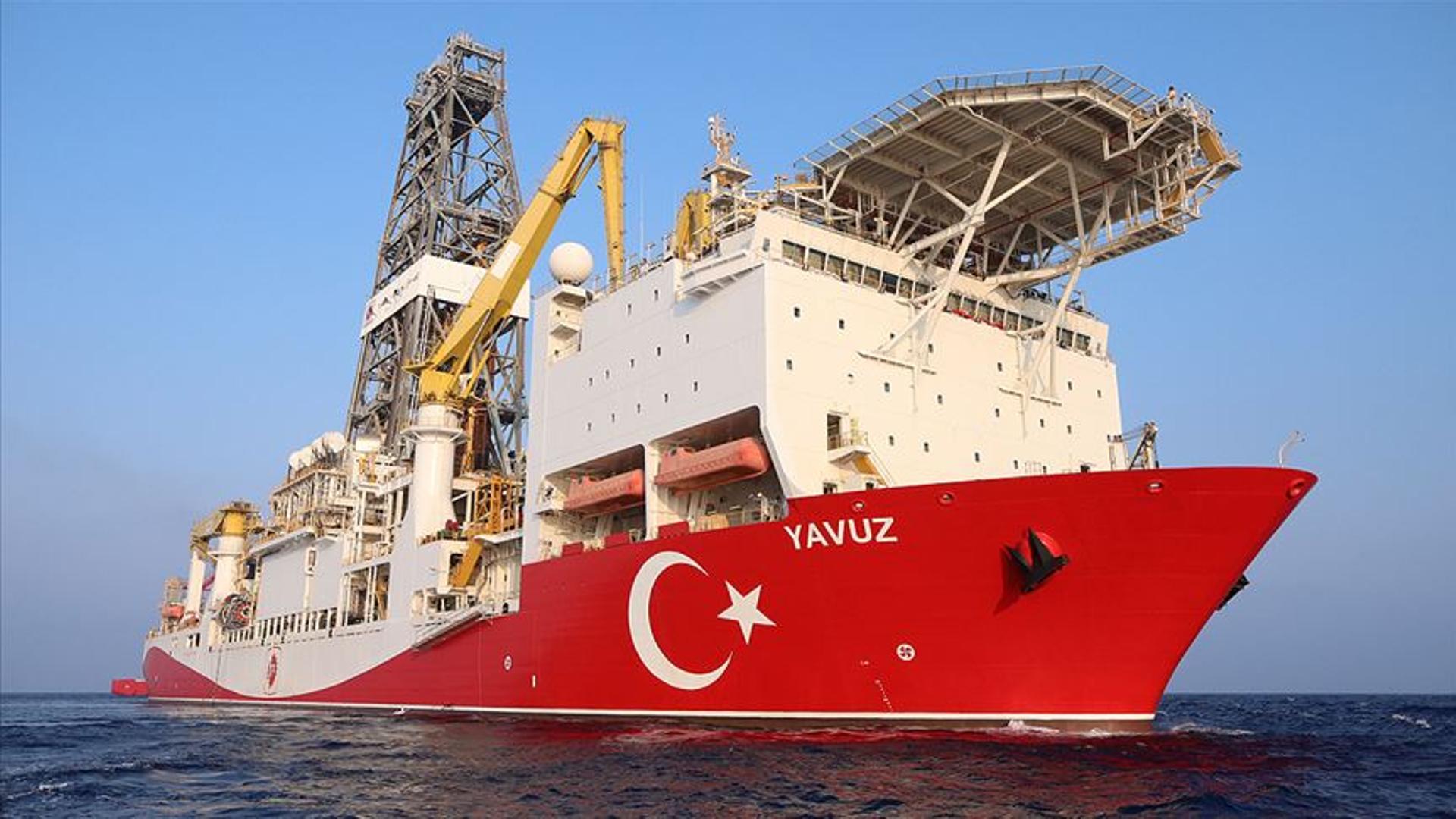
Turkey severely criticised the joint declaration by Greece, Egypt, France, the Greek Cypriot administration and the United Arab Emirates (UAE) alleging that Turkey’s activities are “illegal” in Eastern Mediterranean.
“The joint declaration of the Ministers of Foreign Affairs of Egypt, Greece, GCA, France and the UAE on the Eastern Mediterranean and Libya, is a case in point of the hypocrisy of a group of countries who are seeking regional chaos and instability through the policies they pursue and seeing no harm in sacrificing the democratic aspirations of the peoples to the callous aggression of putchist dictators, and which have fallen into a delirium, as their agendas are being disrupted by Turkey,” Foreign Ministry Spokesman Hami Aksoy said in a statement.
The foreign ministers of Greece, Egypt, France, the UAE and a representative from the Greek Cypriot administration held a videoconference meeting on Monday.
A joint declaration released after the meeting criticised Turkey’s activities in the Eastern Mediterranean.
Aksoy blasted Greece and the Greek Cypriot administration for “relying on irrelevant non-regional actors, can only be the legacy of a mentality of mandate and colonialism, instead of engaging in dialogue with Turkey and TRNC (the Turkish Republic of Northern Cyprus) respectively on the Eastern Mediterranean.”
“The distortion of the steps taken by Turkey in order to protect its legitimate interests based on international law, through unfair and unlawful pretexts, is unacceptable under any circumstances,” Aksoy stressed.
He said the rulers of Egypt do not protect the rights and interest of its own people, as they already preferred renouncing them.
For the UAE that has no concern with the Eastern Mediterranean, “it is no other than the animosity towards Turkey that unites it with the other countries,” Aksoy said.
Turkey’s anti-terror operations in northern Syria also led France to attempt “to be the patron of this axis of malice,” he added.
“We call on all these countries to act with common sense, in accordance with international law and practices. Peace and stability in our region can only be achieved through genuine and realistic dialogue and cooperation rather than attempting to create axis of malice,” Aksoy added.
Turkey’s rights in Eastern Mediterranean
On May 2019, Turkish-flagged drill ships began offshore drilling operations in areas off the coast of Cyprus. The areas fall entirely within the Turkish continental shelf registered with the UN and in permit licenses the Turkish government in previous years granted to Turkish Petroleum, the country’s national oil company.
Turkey wants to see energy as an incentive for political resolution on the island and peace in the wider Mediterranean basin, not a catalyst for further tensions.
In January, the Greek Cypriot administration issued arrest warrants for crew members of the ships and officials of companies cooperating with Turkish Petroleum.
Last November, Ankara and Libya’s government founded in 2015 under a UN-led political deal signed a pact on maritime boundaries of countries in the Eastern Mediterranean.
The pact asserted Turkey’s rights in the Eastern Mediterranean in the face of unilateral drilling by the Greek Cypriot administration, clarifying that the TRNC also has rights to the resources in the area.
It further underlined that Ankara had a say in projects that involve it, as it has the longest coastline in the Mediterranean, and that it is prepared to cooperate with all countries in the region except the Greek Cypriot administration.
Turkey is a guarantor nation for the TRNC and has consistently contested the Greek Cypriot administration’s unilateral drilling in the Eastern Mediterranean, asserting that the TRNC also has rights to the resources in the area.
In 1974, following a coup aiming at the annexation of Cyprus by Greece, Ankara had to intervene as a guarantor power.
In 1983, the TRNC was founded.
The decades since have seen several attempts to resolve the Cyprus dispute, all ending in failure. The latest, held in Switzerland with the participation of the guarantor countries – Turkey, Greece and the UK – came to an end without any progress in 2017.










Discussion about this post